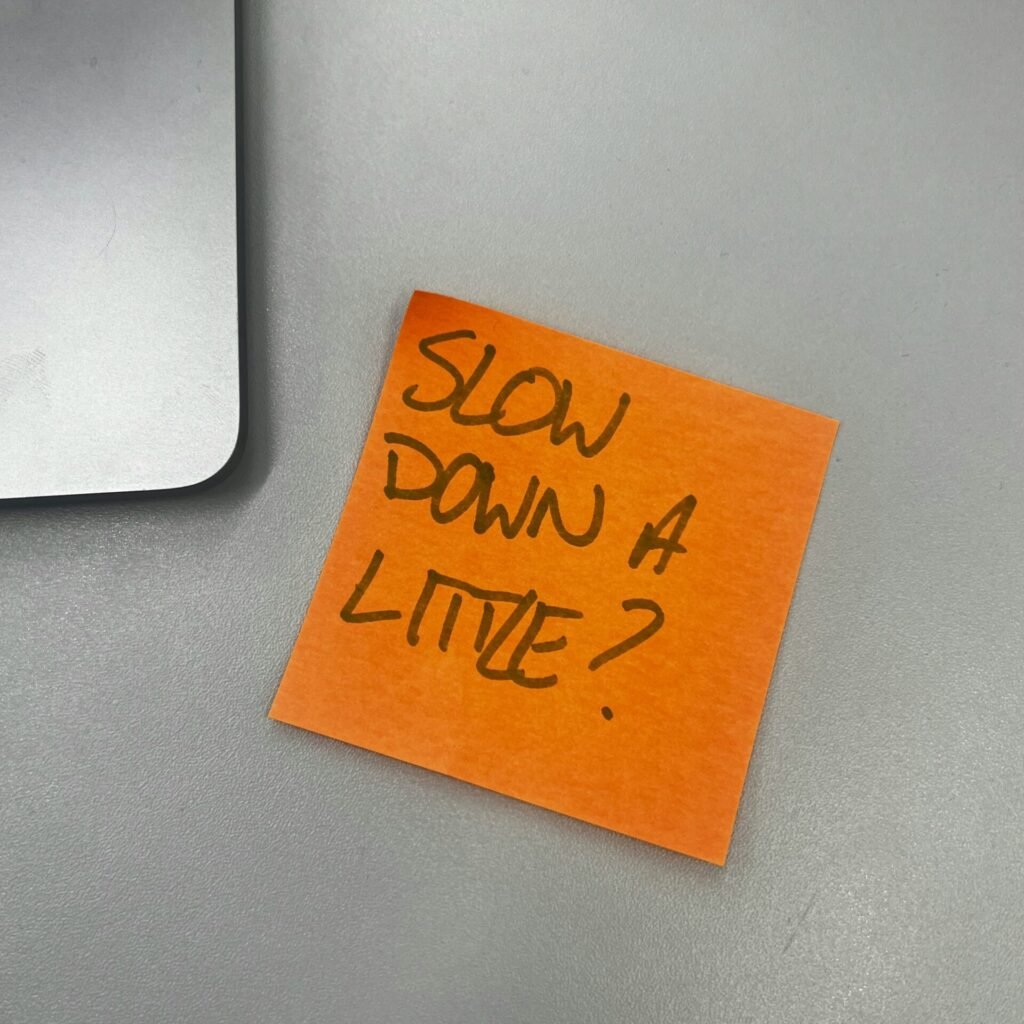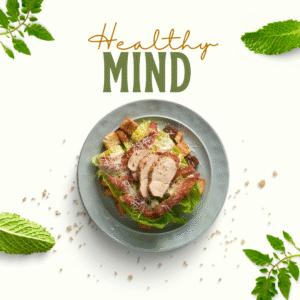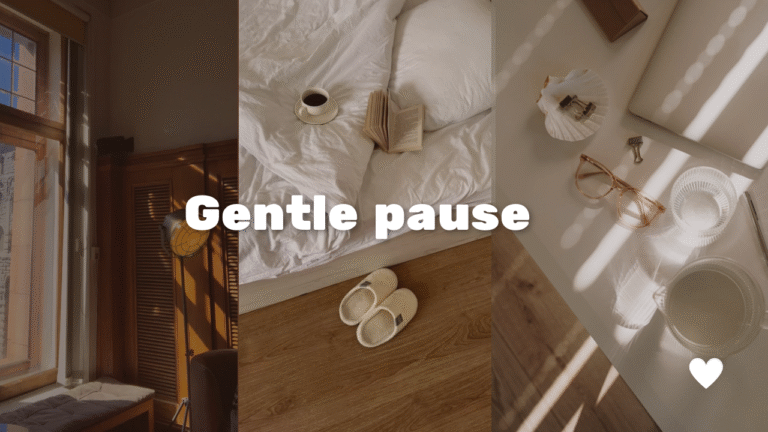In a world that celebrates hustle and constant productivity, slowing down can feel counterintuitive. Yet research increasingly shows that rest is not a luxury. It’s a necessity for long-term health, happiness, and resilience. The “slow living” movement emphasizes doing less, moving mindfully, and prioritizing quality over quantity. Let’s explore why rest matters so much for your body and mind.
Why Slowing Down Matters

Our bodies are designed with natural rhythms, cycles of activity and recovery. When we ignore these rhythms, stress hormones like cortisol remain elevated, leading to fatigue, poor sleep, and even chronic illness. Slowing down allows your nervous system to switch from “fight or flight” mode to “rest and digest,” giving your body time to repair and recharge.
Stress Reduction and Mental Clarity

Chronic stress is linked to anxiety, depression, and heart disease. Taking time to rest, whether through meditation, reading, or simply sitting quietly. This lowers cortisol and activates the parasympathetic nervous system. This shift creates mental clarity, improves mood, and helps you make calmer, better decisions throughout the day.
Rest Boosts Immunity

Your immune system functions best when your body is balanced. Studies show that people who don’t get enough rest are more likely to get sick after exposure to viruses. Deep rest improves immune response by allowing your body to produce protective cells and antibodies. Simply put, more downtime means stronger defenses against illness.
Rest and Better Sleep

Ironically, pushing yourself all day often leads to poor sleep at night. Slowing down with calming activities like light stretching, herbal tea, or limiting screens before bed prepares the body for deep, restorative sleep. Quality sleep then fuels better energy, memory, and mood the next day, creating a healthy cycle.
Physical Health Benefits

Rest doesn’t just help the mind, it protects the body. Research links regular downtime to:
• Lower blood pressure
• Better digestion
• Reduced risk of heart disease
• Faster recovery from exercise
Even short breaks during the day, like a 10-minute walk or quiet breathing, can improve circulation and reduce muscle tension.
How to Embrace Slow Living

You don’t need to quit your job or move to the countryside. Slow living is about small daily shifts:
• Morning rituals: Start with calm routines like stretching or journaling.
• Mindful pauses: Step away from your desk for a walk without your phone.
• Evening wind-down: Dim lights, drink tea, or read before bed.
• Digital detox: Create screen-free spaces or times of day.
These small moments add up to a calmer, healthier lifestyle.
Conclusion: Rest Is Productive

In our fast-paced world, slowing down may feel like falling behind but in reality, it’s an investment in your health and happiness. Rest reduces stress, strengthens immunity, improves sleep, and protects your heart. Embracing the science of slow living is not about doing nothing; it’s about doing what truly matters with more presence and energy.








